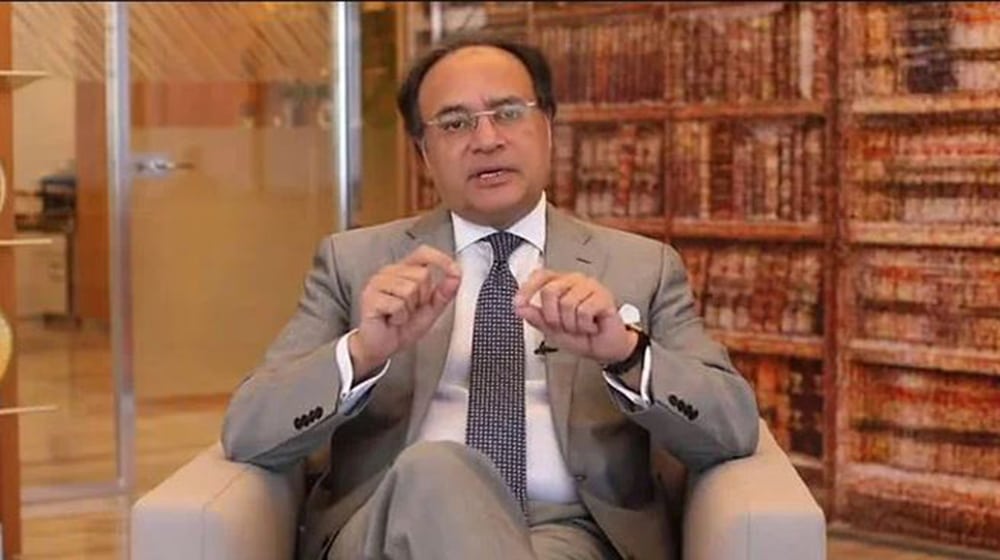Pakistan’s Finance Minister, Muhammad Aurangzeb, outlined ambitious plans to raise the country’s tax-to-GDP ratio to 13-14% over the next four years, despite the persistent challenge posed by pensions which remain a significant fiscal burden. Speaking at a press briefing alongside Information Minister Attaullah Tarar and Law Minister Azam Nazir Tarar, Aurangzeb emphasized urgent reforms to tackle this issue.
READ MORE: Government Imports Wheat Valued at Rs. 7 Billion in April.
The Finance Minister hinted at potential pension reforms, including the possibility of raising the retirement age, as a starting point to control costs. He stressed the pivotal role of infrastructure development in boosting the economy and called for immediate tax reforms to drive growth.
Aurangzeb highlighted the necessity of both tax and pension reforms, outlining strategies to strengthen the economy in partnership with the private sector. He announced that a delegation from the International Monetary Fund (IMF) would visit Pakistan soon to negotiate a new loan program, aimed at enhancing international cooperation and bolstering the country’s financial policies.
Regarding recent investment discussions, Aurangzeb praised the successful outcome of the Saudi visit and noted positive progress in foreign exchange reserves following a significant deposit by the IMF into the State Bank of Pakistan.
The Finance Minister stressed the importance of fiscal discipline, emphasizing the need to reduce non-development expenditures. He pledged to collaborate closely with the private sector to stimulate economic growth and highlighted the imperative of managing pension costs for long-term financial stability.
Aurangzeb also alluded to potential collaboration with China on capital market initiatives. Law Minister Azam Nazir Tarar emphasized that discussions with the IMF would prioritize climate financing and digitalization, assuring transparency in pension reforms and legal amendments to promote inclusive governance.



